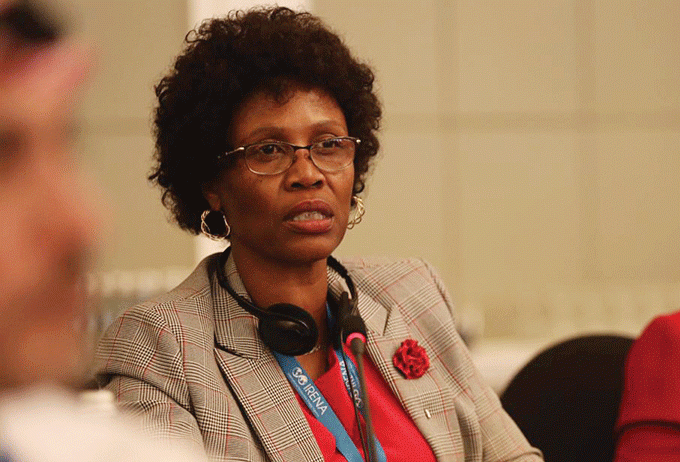
ZIMBABWE will stick with coal to fire industries for now to stem potential troubles, as damaging droughts threaten to ground hydroelectric power stations, a senior official told the Zimbabwe Independent.
Permanent secretary in the Ministry of Energy and Power Development Gloria Magombo’s comments confirmed government moves to grant licences to investors in new coal shafts.
Investments into coal have accelerated alongside the expansion of existing mines in Zimbabwe’s north western hotspots, with appetite reinvigorated by capital flows into steel production and coal-fired power facilities.
Two of the biggest destinations for coal, the Manhize steel facility and Hwange thermal power station’s Units 7&8, saw government and private investors pour a combined US$3 billion in the past few years.
With drastic cuts in water flowing into Lake Kariba, where Zimbabwe operates a 1 050 megawatt (MW) hydroelectric facility, Magombo said abandoning coal may backfire.
“We acknowledge that coal is a critical component of our energy mix,” Magombo said. “With droughts, coal (power stations) — especially Hwange — has been able to push 1 000MW. ”
This figure represents about half of Zimbabwe’s power requirements.
She was referring to the state-run Hwange thermal power station, which has emerged as an important part of Zimbabwe’s energy requirements since undergoing a US$1,5 billion facelift, which was completed last year.
- Mavhunga puts DeMbare into Chibuku quarterfinals
- Bulls to charge into Zimbabwe gold stocks
- Ndiraya concerned as goals dry up
- Letters: How solar power is transforming African farms
Keep Reading
“It has been an anchor. We believe over time, we will continue to use coal. We also have our own decarbonisation plans, which are within the 2050 horizon, which most countries have put in place,” Magombo pointed out.
“I think this is a position, which is carried by most African countries that are using coal.
“We are saying within this horizon of up to 2050, we will come up with a clear decarbonisation strategy, which will also consider how best we can convert carbon dioxide from our coal plants — either orchestrating it through carbon sinking, which is expensive, but also through planting more forests to absorb that carbon dioxide through photosynthesis. The idea is to be net zero, not to totally eliminate the use of coal,” she said.
Magombo shared her views in response to questions about how Zimbabwe was navigating in the face of pressure from organisations like the Group of Seven (G7) industrialised democracies, who have indicated they will phase out support for new investment in oil, gas and coal projects by the end of this year.
Those pushing for an end to coal say it produces gases that damage the ozone layer and amplify climate change.
But Magombo said at projects like Hwange, such fears have been allayed.
“It is not all gloom with regard to coal,” she said.
“If you look at most of the renewable energy programmes, there is always a push on carbon capture and carbon sequestration as an area of serious innovation.
“Some of these countries, which have already stopped the use of coal, exhausted their coal reserves,” Magombo said.










